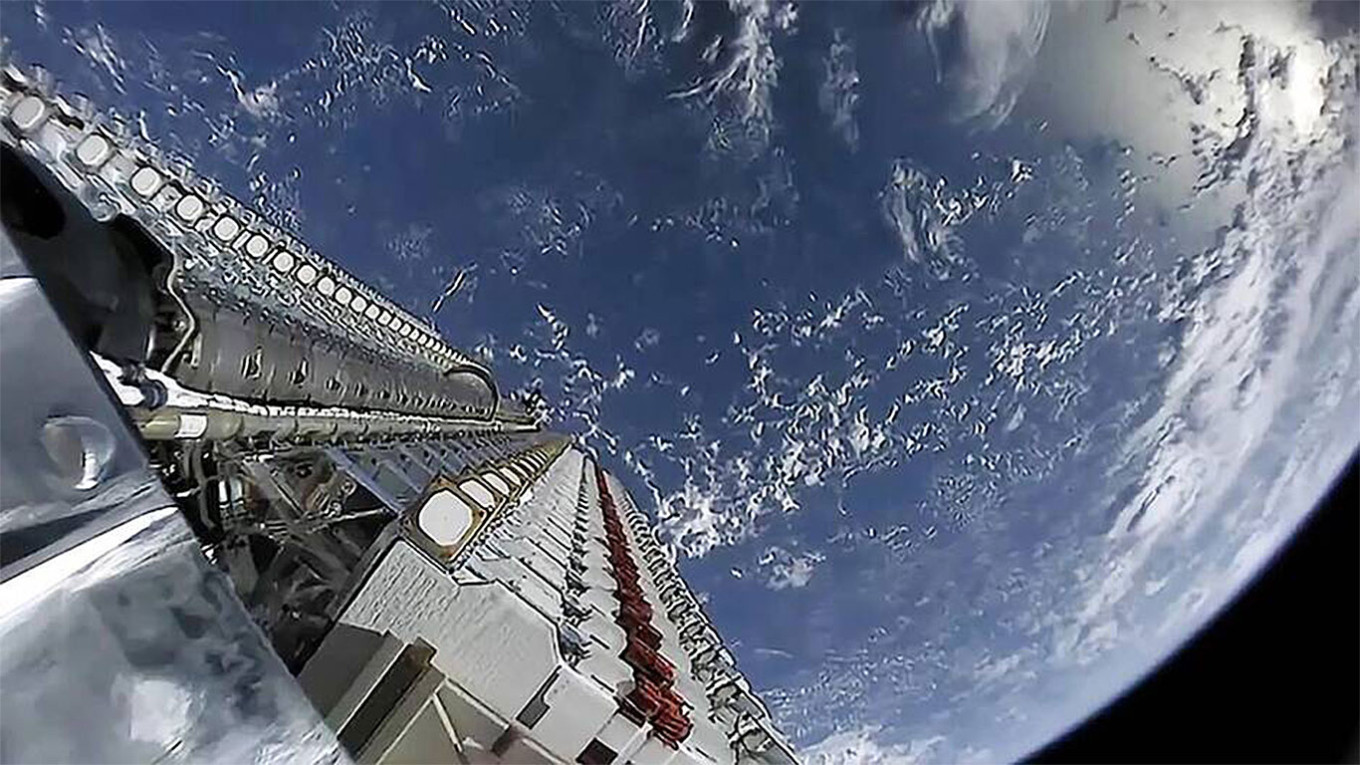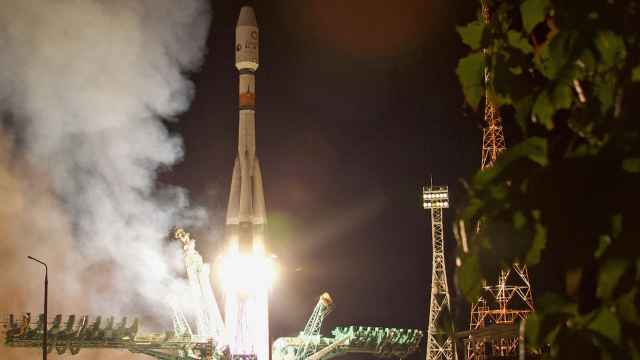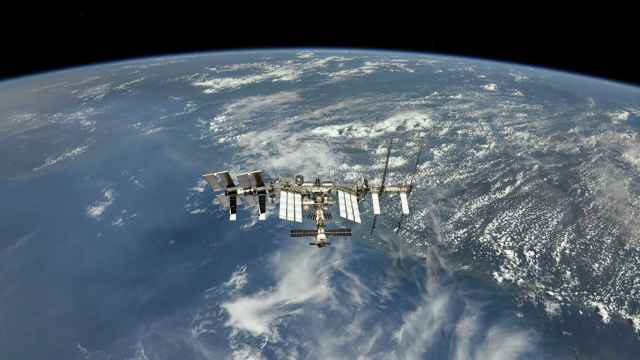Russian assertions that space infrastructure like satellites are legitimate military target are nothing new.
Rather, they reflect Russia’s long-running efforts to prevent weapons from being deployed in space. But more recently, this rhetoric has become an attempt to frighten Western countries away from continuing to support Ukraine.
Russia's desire to prevent space from becoming filled with weapons appears noble in its essence. However, it is dictated, like all other policies of the Russian leadership in the international security field, by Moscow's fear of Washington’s plans to deploy a global missile defense system to neutralize Russia's nuclear potential. The system would include satellites to detect the launch of ballistic missiles, and interceptor missiles that can hit these weapons at any stage of their trajectory. According to paranoid Kremlin voices, this makes Russia easy prey for the U.S. military.
The belief among NATO countries that outer space could become a conflict zone adds more fuel to the fire. Given the enormous economic, scientific and industrial might of the United States, Moscow fears that such a missile defense system may be deployed in the foreseeable future. Therefore, Russia has been fighting against Washington’s plans for the past 20 years, trying to discredit them.
This was the motivation behind the Treaty on the Prevention of the Placement of Weapons in Outer Space and the Threat or Use of Force Against Space Objects (PPWT) proposed by Russia and China in 2008. The draft treaty, whose momentum has since stalled, raises many questions about how to define “weapons in space,” and how to verify that weapons have been put into orbit.
In 2020, Britain proposed a compromise to establish voluntary rules and accepted norms for responsible behavior in space. It sought to do this with a regulatory framework to stop conflicts from developing in near-Earth space.
This idea was immediately met with hostility by Russia, and Russian diplomats devoted themselves to disrupting it. In particular, the initiators proposed to include tests of anti-satellite weapons in the category of "irresponsible behavior," which forced Russian diplomats to take a contradictory position. While they accused the United States of conducting such tests, they also defended their own right, as well as that of China and India, to do the same.
This rhetoric has escalated since the outbreak of the war with Ukraine, with Moscow issuing weakly camouflaged threats against Western satellites, whose services have been used by the Ukrainian armed force. Since Ukraine's intelligence cooperation with NATO is no secret, Moscow considers NATO to be directly supporting the Ukrainian military. This apparently egregious behavior would not be let go without a harsh rebuke from the Russian Foreign Ministry, which began to say that NATO satellites are a legitimate target.
However, it is also worth considering what Russia omits from its statements about space warfare. Firstly, an attack on spacecraft (including satellites) will be unequivocally regarded as an act of aggression against the State-owner of these spacecraft. If an American satellite is taken offline or shot down, the United States would be forced to respond. Such a hostile step against the U.S., a NATO member, would trigger the alliance’s Article 5, compelling Washington’s allies to come to its aid.
Moreover, it is physically impossible to shoot down all or at least most of the American spacecraft at once. As a result, Washington’s ability to meet its needs in communications, navigation, and intelligence will not be seriously disrupted.
Secondly, destroying a spacecraft using anti-satellite weapons, like surface-launched missiles, will create a cloud of debris that moves in orbit, with a high risk of hitting other spacecraft. Space debris, unlike Russian diplomats, are indiscriminate. They are just as likely to damage not only the satellites of NATO countries, but also those of China and India. It is unlikely that these states will be understanding if this happens.
All this confirms that the Russian Foreign Ministry has turned from being policymakers, who must carefully weigh their statements, into propagandists trying to appeal primarily to a domestic audience while squandering what little trust the international community has left.
A Message from The Moscow Times:
Dear readers,
We are facing unprecedented challenges. Russia's Prosecutor General's Office has designated The Moscow Times as an "undesirable" organization, criminalizing our work and putting our staff at risk of prosecution. This follows our earlier unjust labeling as a "foreign agent."
These actions are direct attempts to silence independent journalism in Russia. The authorities claim our work "discredits the decisions of the Russian leadership." We see things differently: we strive to provide accurate, unbiased reporting on Russia.
We, the journalists of The Moscow Times, refuse to be silenced. But to continue our work, we need your help.
Your support, no matter how small, makes a world of difference. If you can, please support us monthly starting from just $2. It's quick to set up, and every contribution makes a significant impact.
By supporting The Moscow Times, you're defending open, independent journalism in the face of repression. Thank you for standing with us.
Remind me later.








